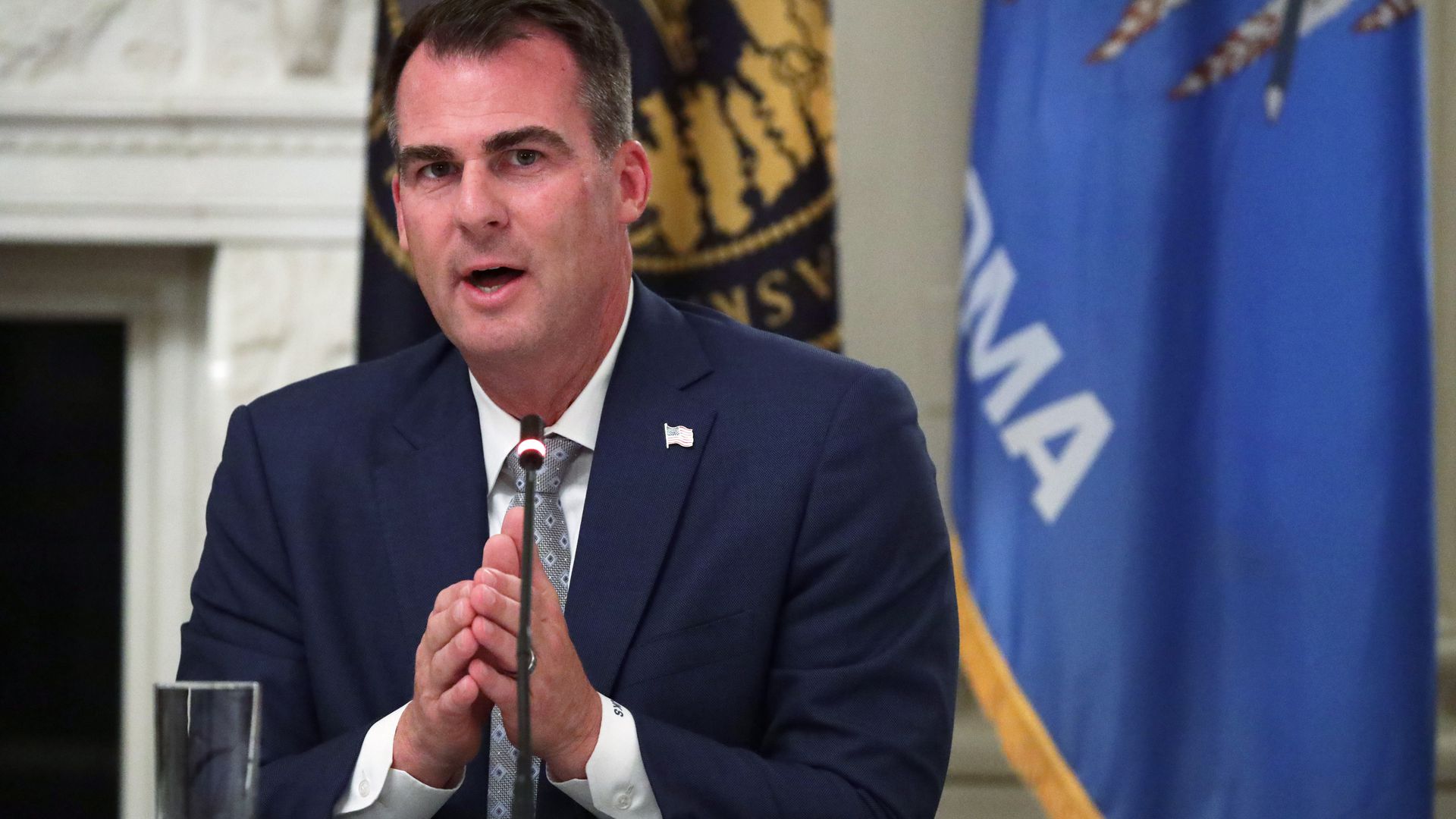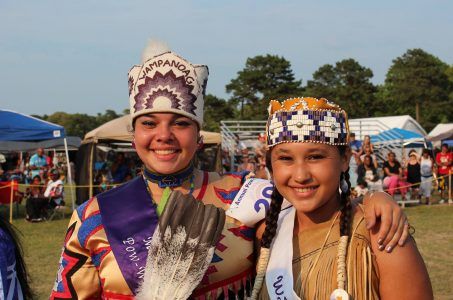Oklahoma Supreme Court Says Gov. Stitt’s Tribal Compacts are not O.K.
Posted on: January 27, 2021, 04:20h.
Last updated on: July 7, 2021, 01:08h.
Oklahoma Gov. Kevin Stitt (R) has been dealt another lousy hand in his quest to reshape the commercial relationship between the state and its tribal casino operators.

On Tuesday, the Oklahoma Supreme Court ruled Stitt had overstepped his authority when he renegotiated compacts with two tribes, the Kialegee Tribal Town and the United Keetoowah Band (UKB) of Cherokee.
To be fair, the Republican governor was unlikely to have been totally blindsided by the court’s decision. In July, it reached the same verdict in relation to two similar compacts Stitt had negotiated, with the Comanche Nation and Otoe-Missouria tribes, respectively.
Gov. Stitt Overreach
The problem was, Stitt negotiated different terms to those included in a model gaming compact approved by voters in 2004. And he failed to seek approval of a joint legislative committee on the matter, thereby disrupting the balance between the executive and legislative branches of government.
The case had been brought by two fellow Republicans, Speaker of the House Charles McCall and Senate President Pro Tempore Greg Treat, both concerned about the governor’s overreach. The court agreed with the plaintiffs that the compacts were invalid, sending Stitt back to the drawing board.
Stitt wants to squeeze more revenue-share payments out of Oklahoma’s numerous tribal operators. In 2019, he claimed that the 2004 model compact expired on January 1, 2020 and would have to be renegotiated.
The tribes argued that language indicates the compacts were designed to automatically roll over for another 15 years on that date.
Stitt claimed the tribes were breaking the law by offering Class III gaming from 2020. Last October, a federal judge agreed with the tribes that the compacts rolled over.
No Appeal from Stitt
It’s a decision Stitt says he won’t appeal. But he still vowed to find “a fair deal that benefits all four million Oklahomans.”
The tribes pay four to six percent of their revenues from slots to the state and ten percent on games like craps and roulette, which amounted to almost $150 million last year.
Things briefly looked good for Stitt when the four tribes broke with consensus and agreed to new compacts, because it was tantamount to saying the governor was right about the model compact’s expiration.
The Kialegee and UKB compact was a weird one because neither tribe currently operates a gaming facility. Both are federally recognized, a precursor for establishing Class III gaming. But their efforts to do so have so far been thwarted by local legal opposition.
UKB Chief Joe Bunch said in an official statement the compact was “an effort to avoid a battle with the state over the legality of gaming, as we look forward to establishing economic development opportunities in the coming year.”
In the case of the Comanche Nation and Otoe-Missouria, Stitt was criticized by Oklahoma AG Mike Hunter for including sports betting as part of the new deal, despite the practice being illegal in Oklahoma.
Related News Articles
Most Popular
LOST VEGAS: The Foster Brooks Robot at MGM Grand
Bally’s Sets Date for Tropicana Las Vegas Implosion & Party
Most Commented
-
VEGAS MYTHS RE-BUSTED: You Don’t Have to Pay Resort Fees
— August 2, 2024 — 16 Comments -
VEGAS MYTHS RE-BUSTED: Elvis Was a Straight-Up Racist
— August 9, 2024 — 11 Comments -
ANTI-SOCIAL BEHAVIOR: Vegas Casino Buffet Stunt in Poor Taste Goes Viral
— August 16, 2024 — 7 Comments -
VEGAS MYTHS RE-BUSTED: The Strip Tried Appealing to Families and Failed
— August 23, 2024 — 7 Comments
















No comments yet